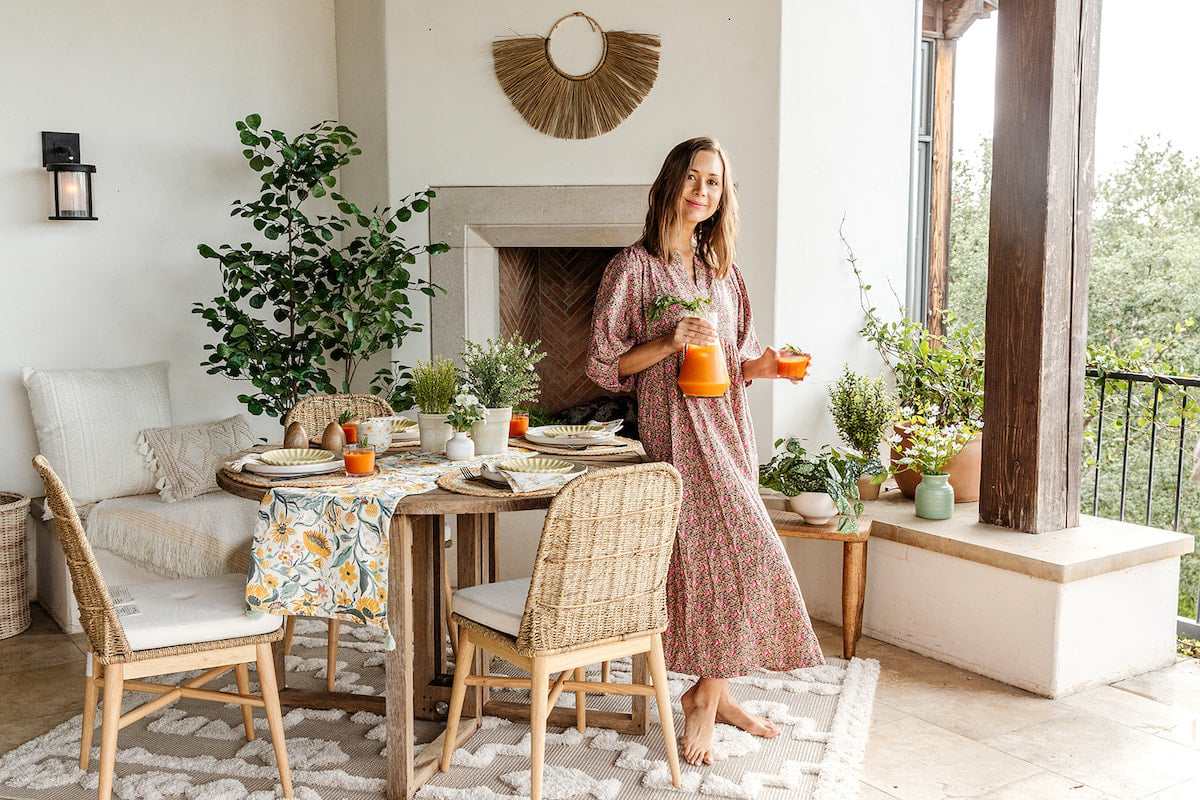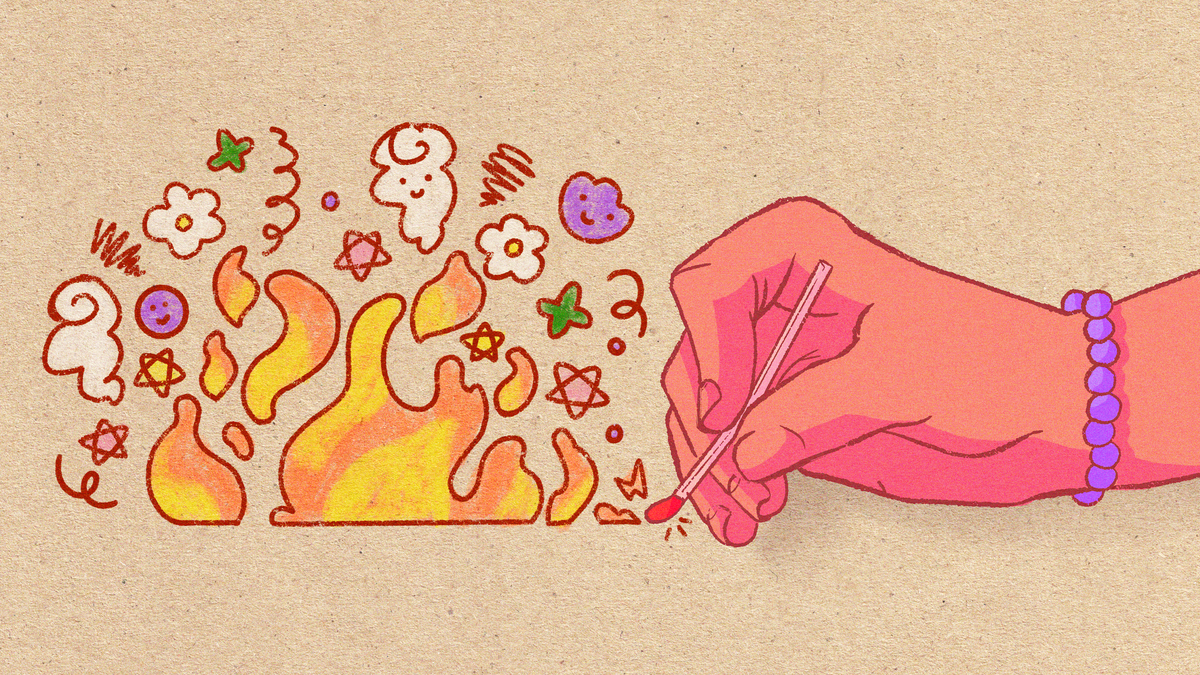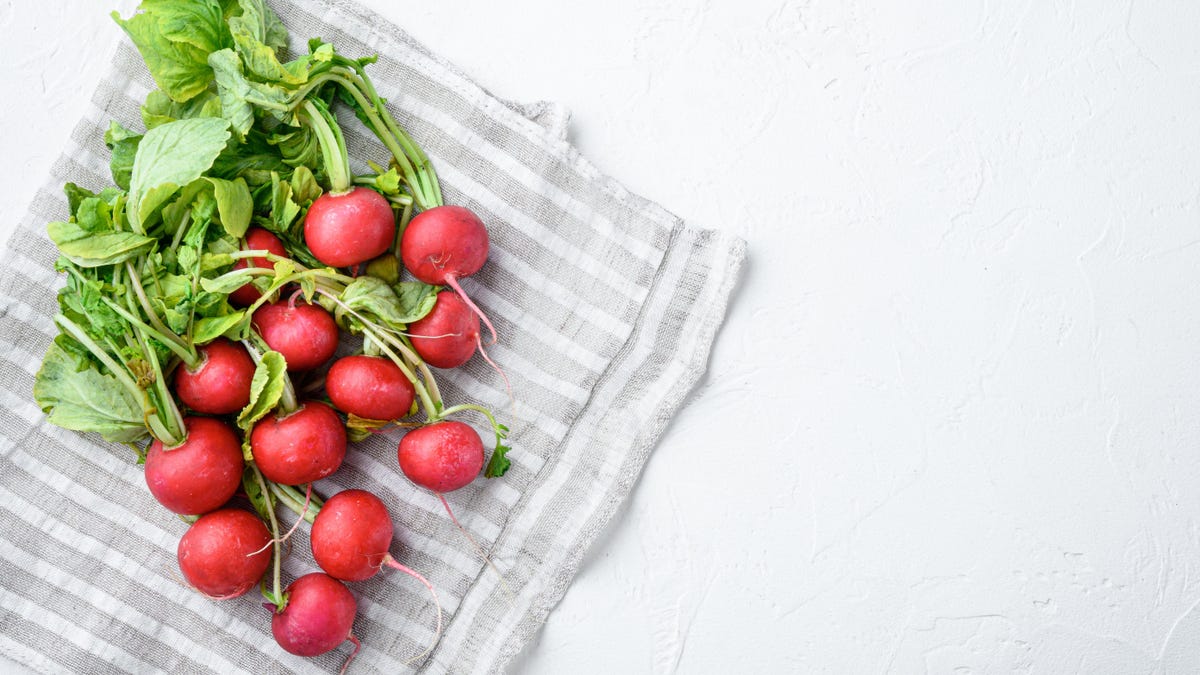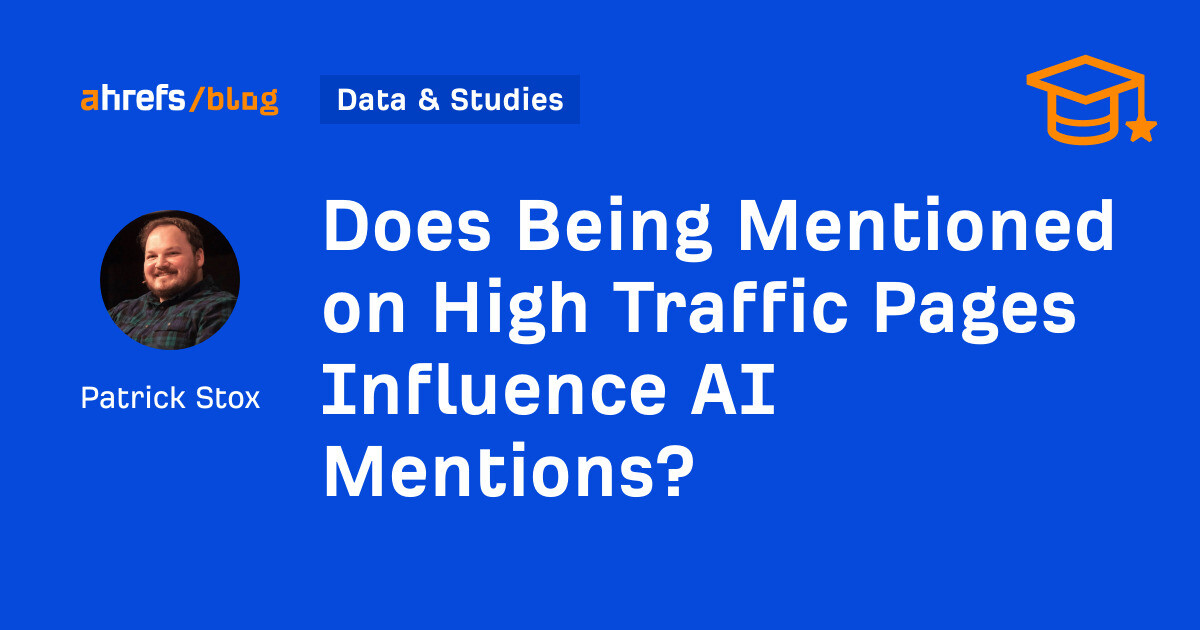He became CEO during Covid: How Danny Loong led Timbre Group’s survival through tough times
From F&B to music school, Timbre Group's founder talks about building a business ecosystem that supports local musicians and entrepreneurs.

Danny Loong always wanted to own a bar that would be able to provide a platform for musicians in Singapore. He ended up materialising this vision when he started a live space in 2005, housing a music venue, restaurant and bar under one roof, together with a few other partners.
Called Timbre, this live music venue was first set up at Substation. It had five to six-piece bands, and their signature Timbre pizza was offered on the menu.
Even though he knew there’s a chance it could “crash and burn” since the location wasn’t the most accessible, Danny highlights that they turned out pretty lucky, for their launch was met with an overwhelming crowd.
Today, Timbre has since expanded to other locations in Singapore, including Mount Sophia @ The Old School, Gillman Barracks, One North, and Singapore EXPO.
 Timbre+ One North / Image credit: Timbre Group
Timbre+ One North / Image credit: Timbre Group With music as its core component, Timbre Group has expanded its reach from being just an F&B setup to an entire business ecosystem that supports local musicians with its own talent management agency, and a music school called the Timbre Music Academy.
It has always been a joy to watch young bands perform, cajoling the crowd, engaging them, and building their captive audience. We believe in supporting both cover bands and original bands. So we’ve created a Singapore Original Series to celebrate our talented musicians. From there, it has expanded into supporting our local hawkers, small restaurant businesses, and culinary talents.
– Danny Loong, CEO and co-founder of Timbre GroupBy a musician, for musicians
When it comes to helping others in the local arts scene, there is no better person to do so besides Danny, for he too, used to be a musician and entrepreneur himself.
Before establishing Timbre Group, Danny started an event and artiste management company called UBlue Network, where he and his team worked on exciting projects like music festivals or projects with renowned clients such as Heineken.
 UBlues / Image Credit: National Library Board
UBlues / Image Credit: National Library BoardHe was also a full-time musician from the year 2000 to 2004 in a band called UBlues, until they took a break when his lead singer returned to Perth.
From these experiences, Danny honed his event management, marketing and branding skills on top of his expertise in the arts.
“As a Singaporean musician, I fully understand the lack of platforms and space for local musicians to perform and gain awareness,” Danny expresses.
He shares that although his band UBlues was lucky enough to be offered a chance to record an independent release and promote their album, he is aware that not every band, artist, or musician can have the same opportunity.
Ultimately, what got the ball rolling was when he read the Renaissance report by the National Arts Council in 2000 that discussed about the government’s strategy to promote the arts in Singapore, which greatly inspired him.
 The Substation / Image credit: Singapore International Photography Festival
The Substation / Image credit: Singapore International Photography Festival Coincidentally, his mentor informed him of a garden within the Substation that was available for takeover. “It intrigued me, as it was where I hung out when I was flat broke as a teenager. So there was a sense of nostalgia for me,” he says.
The moment he headed down to look at the space, he fell in love with it and decided to set up Timbre at Substation. They had a good run for more than 15 years, but it eventually closed down in 2021 due to an expiring lease.
Advocating change from within
Having taken over the role of CEO of Timbre Group during the height of the Covid-19 pandemic 13 months ago, Danny faced many pressures — one of which was to advocate a new culture that would be better for the company moving forward.
I wanted to build a mutually respectful work culture within the team and for everyone to work towards a common goal. The company’s culture is the spine — the company will be a shell without a good culture. The alignment took some time. It was difficult, but worth it.
– Danny Loong, CEO and co-founder of Timbre GroupDanny shares that he is grateful to have a team of competent and excellent members who align with his goals and visions for the company, setting the path in inculcating a better and more empathetic work culture in Timbre Group.
 Timbre Group team / Image credit: Timbre Group
Timbre Group team / Image credit: Timbre Group One of these visions is to create a safe space for the team to be creative. For that to happen, Danny and his team make an effort to reflect on Timbre Group’s progress so that they are constantly self-aware of how they can further improve the company.
“I must ensure everyone’s happy working in Timbre Group by ensuring that the company has a proper structure and provides a clear vision and strategy”, he emphasises.
Acknowledging that he has his own style of running things, the past 13 months for Danny have been nothing short of impactful and eye-opening. Not only has he honed his ability to balance his business and creative side, he has also learnt the importance of stepping back, listening and even providing the space for younger team members to lead and share their ideas.
He shares that being honest with himself constantly pushes him to reflect and improve. “If it is not good enough, we will work on it quickly. There’s definite[ly] anxiety but if it is all manageable, recognise it as good anxiety”, he shares.
Struggling to stay afloat during Covid
Having to work on Timbre Group’s culture was far from easy, considering how it was done while the pandemic was ongoing.
Due to the restrictions, Danny shares that Timbre Group struggled to stay afloat as they weren’t able to make much money. Many of their long-standing legendary bars and institutional music venues were closed, and the number of live music venues available significantly decreased.
However, understanding that local musicians now have fewer platforms to make a living, shine and hone their craft, Timbre Group decided to focus their energy and resources on supporting their local talents and keeping the brand energised with the support from Audio-Technica.
This encouraged their food partners to stay with them, resulting in a high tenancy rate at all their venues despite the pandemic. “We are thankful for the support from our food partners, customers, and grants from the government to keep the business going”, says Danny.
Ultimately, they were able to keep the brand alive through the pandemic and even ran a very successful concert series titled Goodbye Garden, which was a farewell concert when the government wanted to take back the building, with 44 out of 66 of their shows being sold out.
 Band performing at Goodbye Garden / Image credit: Goodbye Garden
Band performing at Goodbye Garden / Image credit: Goodbye Garden For Timbre Group, their key to surviving and remaining relevant through these challenges is staying true to their beliefs of supporting musicians who worked with them. As Danny nicely encapsulates, “[s]ometimes, it is not about pivoting, but the need to go back to fundamentals”.
Additionally, Timbre Group made use of the downtime to evaluate their brand — from their hawker centre to the food park — to see how they can further improve their operations. This refers to working out how to reduce costs, working more closely with their landlord, and ensuring the team feels motivated.
“We are now looking into technology as a solution”, mentions Danny, who goes on to share that they will be implementing a robotic kopi arm at their new venue — One Punggol Hawker Centre — to solve manpower issues.
In other words, Covid-19 was a game changer for Timbre. “I’ve learned during COVID-19 to work with good people, complementing brands with different strengths to create a win-win outcome”, Danny reflects.
He highlights that they are now ever more committed to promoting local music within Singapore’s food parks and hawker centres as a stronger group.
Constant pursuit of improvement
Now that restrictions are easing, Danny observes that crowds are back again and that their sales have grown drastically as a result, allowing the company to return to a steady state.
Timbre Group plans to continue their efforts in offering consultation on marketing and business strategies to support and grow their partners. “We hope to find more good people to do good things together, producing good results”, posits Danny.
They also plan to bring busking performances to their hawker centre venues, and curate F&B businesses started by young local hawkers and entrepreneurs, on top of implementing more children and community-building programmes.
 Timbre Group programme for children / Image credit: Timbre Group
Timbre Group programme for children / Image credit: Timbre Group With their welcoming arms and an open and creative mindset, Timbre Group has attracted many young F&B talents and business owners to join them, where many of these local brands go on to grow with Timbre Group.
“Some food partners such as Kopifellas started with us at Timbre+ One North, and grew to [six] outlets nationwide”, Danny highlights.
To further help them find new ways to expand and gain exposure, Timbre Group plans to create more collaborative projects where they can work closer together.
Currently, they have a community book swap programme that fosters bonding and a sense of community called Take a Book, Leave a Book for people to share the books they’ve read and exchange books with each other.
In addition, they have “One Kind Block”, a modular urban farming partner, where Timbre Group runs workshops with nursing homes and seniors to guide them on how to farm and care for their plants, vegetables and fruits. Such activities promote improved mental wellness.
Taking things a step further, the company has also taken on a more eco-friendly stance by advocating and encouraging others to champion sustainability at their outlets.
Initiatives include “Gift It Bag” that reduces the use of disposable plastics by collecting reusable bags that are then washed and cleaned for customers to reuse at Timbre+ Eastside, and “Food Digesters” at Yishun Park Hawker Centre, which converts food waste into water that is then pumped into the sewage system.
Expanding Timbre’s reach
Over the years, Timbre’s popularity has significantly increased since they started in 2005, and they have even expanded to a second 800-seater Timbre+ Eastside food park.
They’ve also gained awards from being the managing agent for Yishun Park Hawker Centre and for their NEA hawker project – One Punggol Hawker Centre.
 Timbre Roasted Duck Pizza / Image credit: Timbre Group
Timbre Roasted Duck Pizza / Image credit: Timbre Group Another way they’re planning to grow is by going back to where they started — launching a standalone F&B brand in the fourth quarter of this year of 2022, featuring their Timbre Roasted Duck Pizza that was a signature menu in their early Substation days.
Besides that, Danny highlights that Timbre is now looking into a pre-ordering system, a refreshed Timbre app and looking for ways to refresh their brands.
Even global brands get tired, with a need to rebrand. We are going through the same. We must learn to understand the next generation better and continuously improve.
– Danny Loong, CEO and co-founder of Timbre GroupTimbre Group is also looking at launching their third Timbre+ at NS Hub in the fourth quarter of 2023.
Featured Image credit: Timbre Group / @krouchend

 ValVades
ValVades 































